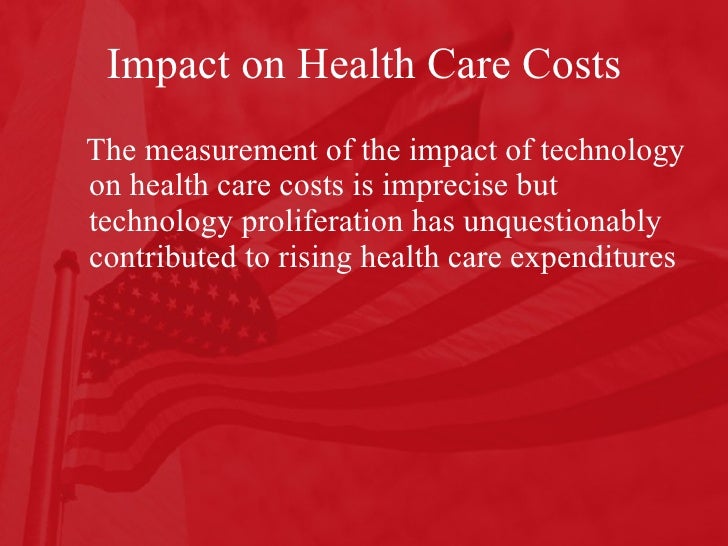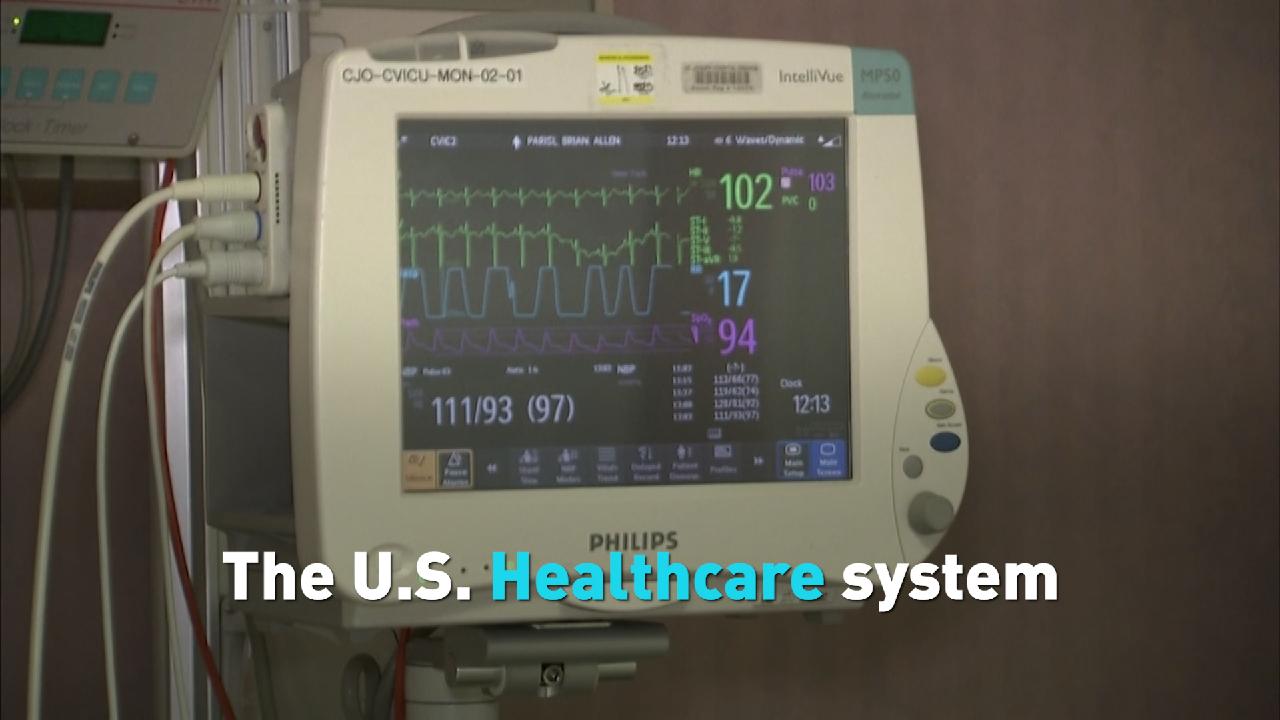

Health insurers may discourage care to hold down costs.This contributes to avoidable healthcare disparities for people of color and other disadvantaged groups. The current US healthcare system has a cruel tendency to delay or deny high-quality care to those who are most in need of it but can least afford its high cost. Few people had private insurance then, but now a layoff can jeopardize your access to healthcare. During World War II, healthcare was offered as a way to attract workers since employers had few other options. My neighbor did after knee surgery: even though the hospital and his surgeon were in his insurance network, the anesthesiologist was not. And even when you ask lots of questions ahead of time and stick with recommended doctors in your health insurance network, you may still wind up getting a surprise bill. Prices vary widely, and it's nearly impossible to compare the quality or cost of your healthcare options - or even to know how big a bill to expect. High costs combined with high numbers of underinsured or uninsured means many people risk bankruptcy if they develop a serious illness. And for all that expense, satisfaction with the current healthcare system is relatively low in the US. Despite spending far more on healthcare than other high-income nations, the US scores poorly on many key health measures, including life expectancy, preventable hospital admissions, suicide, and maternal mortality.

Remember, an entire industry has evolved in the US just to help people navigate the maddeningly complex task of choosing a health insurance plan. Below are 10 of the most convincing arguments I've heard that our system needs a major overhaul. Here's a question that's been on my mind and perhaps yours: Is the US healthcare system expensive, complicated, dysfunctional, or broken? The simple answer is yes to all.


 0 kommentar(er)
0 kommentar(er)
